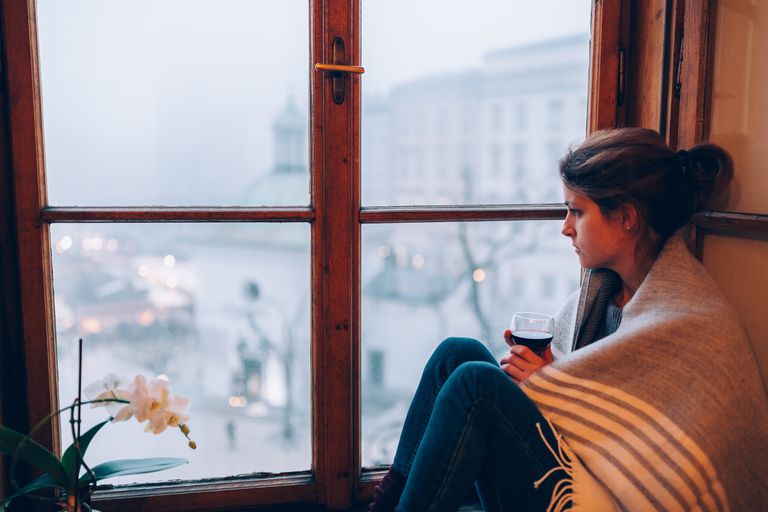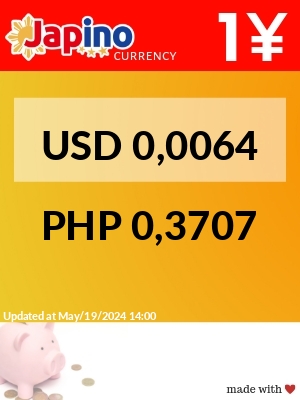TIPS: Self-care Tips From Experts to Get you Out of the Delta Doldrums

To make it through the ongoing pandemic fatigue, mental health experts advise taking things one day at a time and focusing on what you can control directly.
Lethargy. Languishing. Listlessness. Whatever you call it, it’s what we’re all feeling: That sluggish, apathetic haze, a lack of enthusiasm for doing things, a feeling of “I cannot be bothered.”
The record-high daily COVID-19 cases are depressing enough. But it appears that many in Tokyo and further afield are also feeling lethargic over the seemingly never-ending and ineffective state of emergency. The climbing number of pedestrians in entertainment districts and in train stations show life must carry on. And after such an extended period of worry and anxiety, is it possible to maintain the same continuous high levels of caution and worry? Moreover: Is it healthy?
Frustrated and Fatigued
This prolonged state of being “certainly comes as a challenge,” says Tokyo-based psychologist, Yu Yamamoto, who believes many of us will experience prolonged physical lethargy due to the extended restrictions.
“It’s important for us to pay attention to even the smallest physical or psychological responses,” she says, adding that some of the adverse impacts of pandemic on our psychological and emotional well-being include “anxiety, depression, insomnia and anger.” Dwelling on the past, or being worried about the future, only adds to these emotions.
The feeling that there is no end in sight, combined with a lack of freedom, makes things worse.
“I think it’s important to take one day at a time,” advises Josephine Creighton, a British counselor who lives in Tokyo. “Try to stay in the moment and avoid overthinking the future and what ‘might’ happen. Focus on what we can control directly.
“I always remind my clients to let go of things that are no longer within their control. It’s easier said than done, but once the technique is in place, it can really change your perspective and help alleviate a lot of worry,” she continues.
Creighton’s advice for the time being is to focus on practicing self-care. “Make sure you have a routine, make sure to get enough sleep, eat regularly, try to get outside at least once a day and make sure that you set aside time everyday to do something for yourself,” she says.
“We will usually do these things automatically, but the difference is the way you perceive these activities. Remember that you are doing them for yourself, for your mental health and for your physical health. You are worth that extra time — so many of my clients forget this!”
Overseas Envy
One of the biggest impacts of COVID-19 in Japan has been its strict border controls. The country’s international community has had to deal with the difficulty of being unable to visit family members abroad, and being isolated from those around them because of social distancing.
Japan’s handling of the pandemic has differed from other nations — more freedom, but a prolonged limbo between now and “normal.” Many have been watching from afar as friends and relatives abroad begin their return to lockdown-free living.
“Most of my clients are expats, so this has been a constant topic of conversation since the COVID-19 pandemic started,” Creighton says.
Though the vaccine is supposed to be the solution to our collective woes, the country’s low vaccination rate, fluctuating guidelines and misinformation — even booking a shot in the first place — further piles on to the anxiety. And once you’re vaccinated, the problems of the pandemic don’t suddenly disappear.
As Japan pushes onward with its rollout, it is likely that many will feel concerned about the process or are worried about managing vaccine side effects. Others may not have access to necessary and accurate information.
“If reaching out to the local municipality is not the first option, make sure to obtain the information from a trusted source (such as health professionals),” says Yamamoto. “Please do not hesitate to seek help from and share your concerns with those who you feel safe and comfortable to do so.”
This advice is echoed by Creighton, who urges people to refer to health care professionals with any questions and concerns: “I would say that the best way to deal with any worries regarding the vaccine, would be to … read credible studies and research on the effectiveness of the vaccines available.”
Accept and Release
Social distancing is part of government advice in Japan — a sometimes unpleasant experience for us social animals. “Human beings are hardwired to seek social contacts,” Yamamoto says.
Along with making sure to keep in touch with friends and family, Yamamoto believes that we can alleviate the negative impact of social isolation by practicing “altruism, empathy and prosociality,” behavior intended to help others and society at large. “We (can) often surprise ourselves by how caring for others can make us feel happy and recover the sense of self that may have been adversely affected by the current pandemic,” she says. You could send a care package home, email an elderly relative or pick up litter in your local neighborhood.
But being apart from others also yields opportunities to look inward. “The current pandemic has led our mind-body connection to go out of sync. This has led many of us to question our self-identity, personal values and life purpose,” Yamamoto says.
“It is a perfect opportunity to explore our self-identity and see how we can continue to grow and flourish by building on what we have so far achieved in our life.”
And while others around you might seem like they are using this time to work out, or master professional chef-quality home-cooked meals, it is also important to remember not to compare your life to others.
“It’s so easy to look at someone else and think, ‘They are handling this so much better than I am,’” Creighton says. “But the reality is that they are probably finding another way to express their grief or frustration.”
She advises to allow these thoughts and feelings to come up, accept them and let them go — and, if you can, put a positive spin on things.
We also shouldn’t forget to treat ourselves. “It’s always important to plan rewards for yourself, because life is hard no matter what, and we are all doing a lot better than our minds tell us,” Creighton adds.
“The struggles that we are currently experiencing are only natural,” says Yamamoto, urging that we should never feel as though there is no one to seek help from if you need it.
“There are many mental health practitioners such as psychologists and counselors who provide both in-person and online services,” she says. “Try contacting and comparing several mental health service providers and see which might best serve your needs.”








